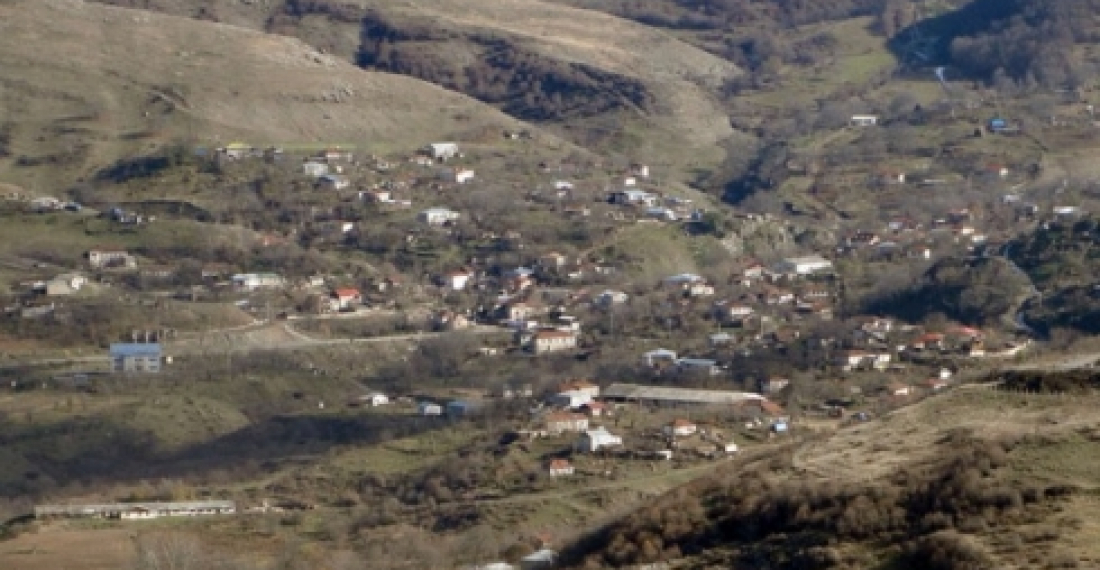The OSCE will be conducting monitoring of the contact line between Armenian and Azerbaijani forces on Thursday, 12 April, according to Armenian media quoting sources in Nagorno-Karabakh. From the Armenian side the monitoring will be conducted by Field Assistants of the Personal Representative of the OSCE Chairman-in-Office Antal Herdich (Hungary) and Irjie Aberle (Czech Republic), as well as representative of the OSCE High-Level Planning Group (HLPG) Colonel Andrey Barashkin.
From the Azerbaijani side the monitoring is to be led by Coordinator of the Office of the Representative of the Chairman-in-Office, Peter Kee (Great Britain), Field Assistant Hristo Hristov (Bulgaria) and a representative of HLPG Ilhami Deirmenoghlu (Turkey).
The High Level Planning Group was established after the Budapest summit of the OSCE in December 1994 with an open-ended mandate issued on 23 March 1995. According to the OSCE the group "is mandated to make recommendations to the OSCE Chairperson-in-Office on developing a plan for the establishment, force structure requirements and operation of a multinational OSCE peacekeeping force for the area of conflict dealt with by the OSCE Minsk Conference."
The current head of this group, appointed by the Irish Chairmanship is Col. William Harrington. The HLPG is located in Vienna. It is composed of eight officers seconded by OSCE participating States, and one fixed-term contracted staff member.
The situation on the contact line between Armenian and Azerbaijani forces in the Nagorno-Karabakh conflict zone has been an issue of concern for the international community for some time. There are daily incidents, with dozens killed each year on both sides as a result of sniper fire and other cease fire violations. The cease fire is not independently supervised, but the OSCE holds regular monitoring visits. Many consider that the monitoring regime is inadequate, but there is little chance of the sides agreeing to expanding it unless there is movement in the process to resolve the conflict.
source: commonspace.eu with agencies
photo: general view of Nagorno Karabakh (archive picture)







